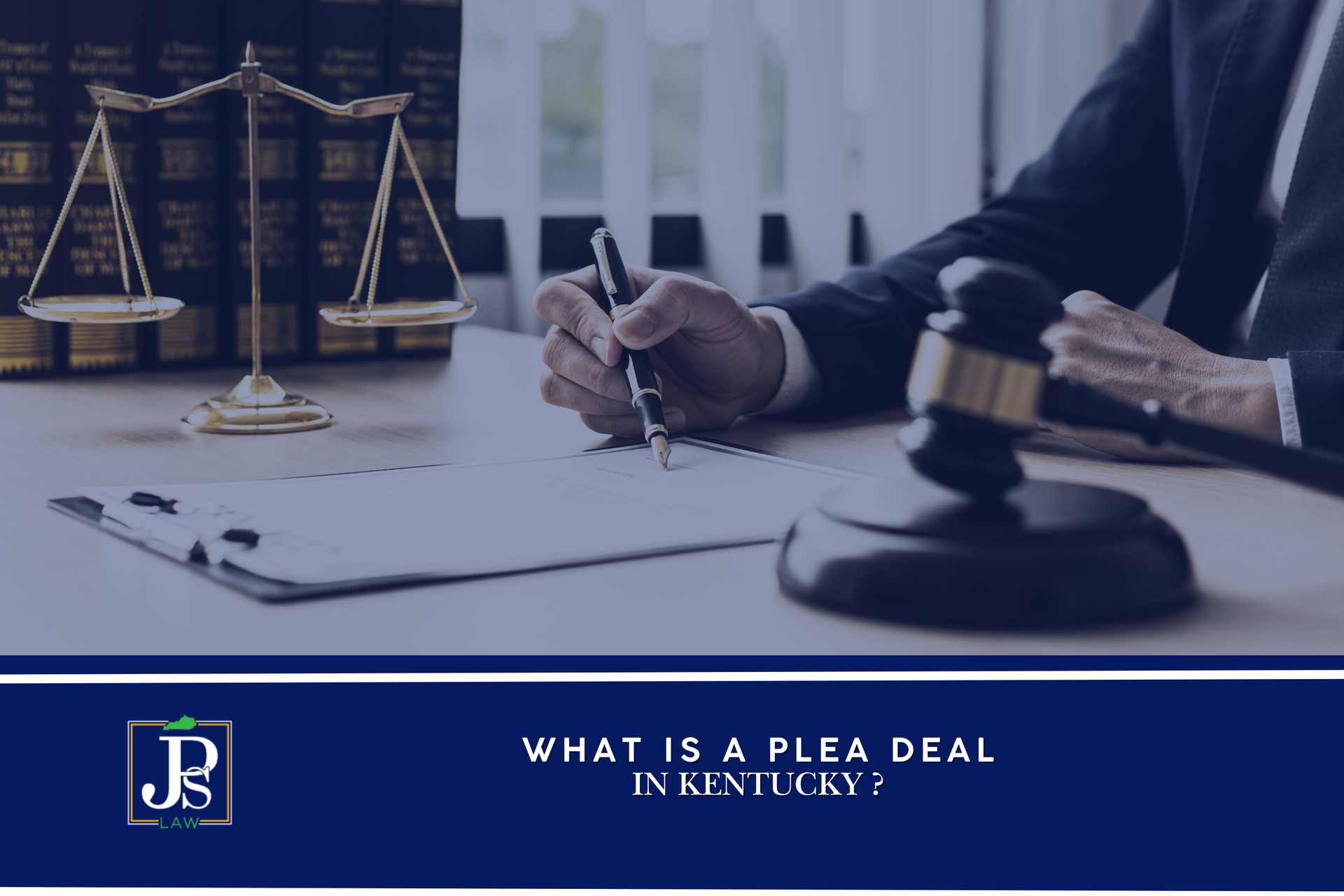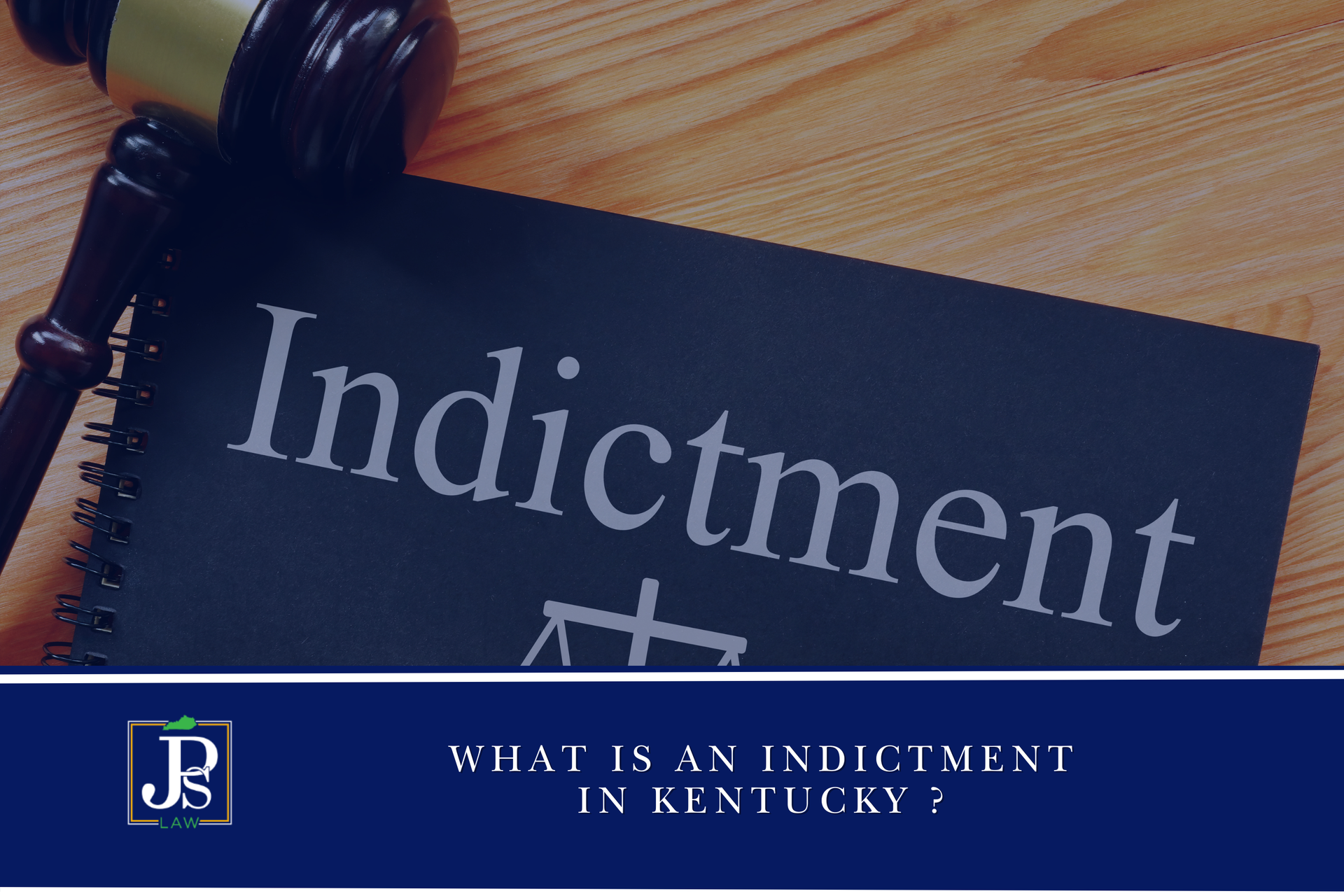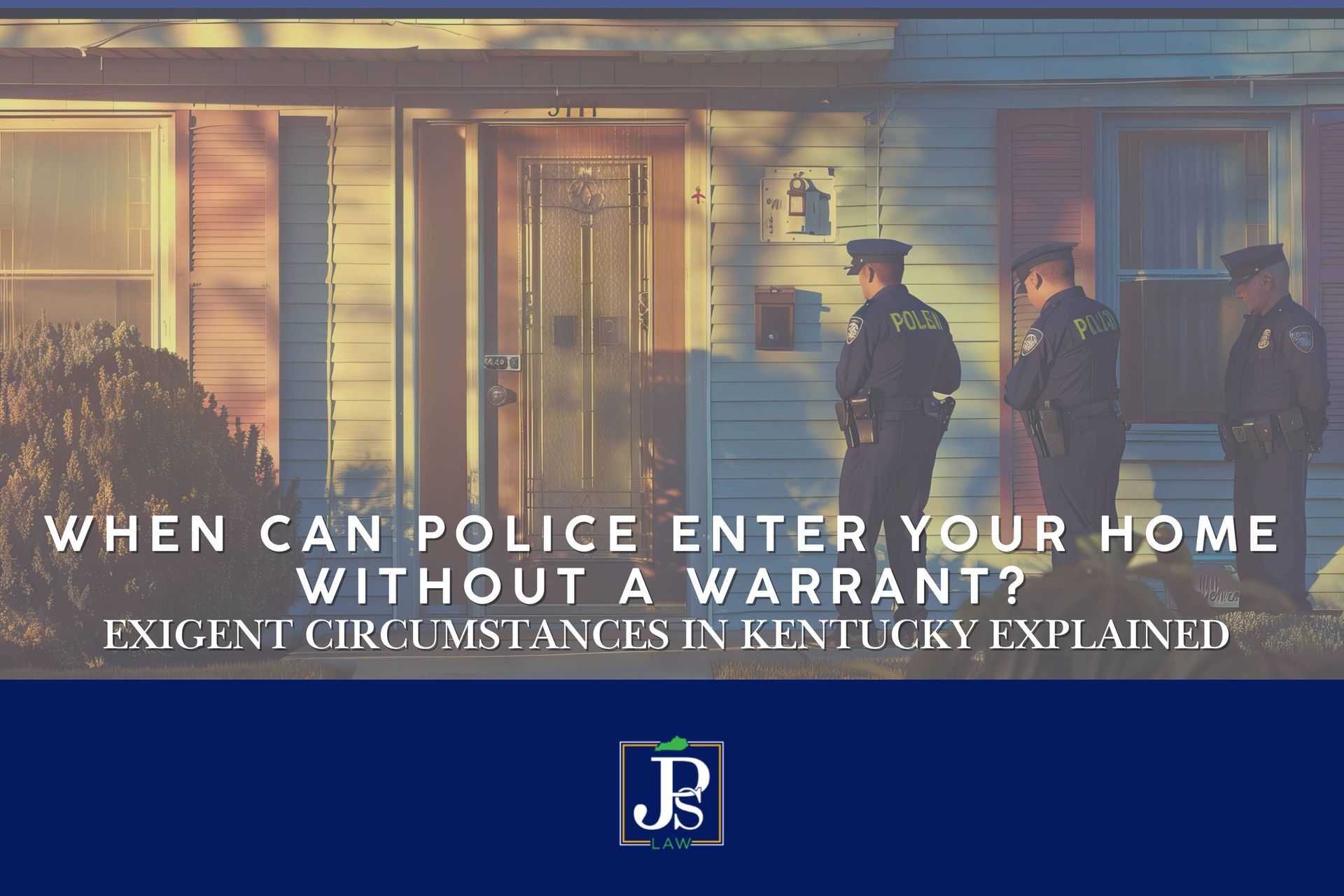At JPS Law, we frequently encounter certain misconceptions that people may have about undercover law enforcement operations. Many people wonder: Do undercover cops have to tell the truth? Can they legally engage in criminal activity?

Today, we’ll separate fact from fiction by examining Kentucky law and federal guidelines governing undercover police operations.
Myth 1: An Undercover Cop Has to Tell the Truth
Reality: No, undercover officers are not legally required to tell the truth. In fact, deception is often their key tool and a safety measure when engaging in undercover investigations. Under Kentucky law, police are permitted to use undercover tactics to infiltrate criminal organizations, including lying about their identity, background, or intentions.
However, there are limits—undercover officers cannot entrap individuals by coercing them into crimes they wouldn’t otherwise commit.
Can You Trust an Undercover Cop?
If an undercover officer lies to gain your trust, their statements may still be admissible in court. However, if their deception crosses into entrapment, a skilled defense attorney can challenge the legality of the evidence.
Entrapment is defined by a subjective test of if law enforcement persuades someone to commit a crime they likely would have not otherwise committed. While Kentucky law does not have a specific statute labeled "entrapment,” the legal doctrine of entrapment is recognized through case law.
Myth 2: Under Cover Agents Cannot Do Drugs or Commit Crimes
Reality: While undercover agents may appear to participate in illegal activities, strict rules govern their conduct. Under federal guidelines, undercover officers must obtain prior authorization before engaging in otherwise illegal activity.
What If an Undercover Cop Breaks the Law?
If an officer engages in unauthorized criminal conduct, a defense attorney can argue that their actions violated due process or constituted police misconduct, potentially leading to suppressed evidence or dismissed charges.
Myth 3: Undercover Operations Are Always Secret
Reality: While undercover operations are often confidential, the Kentucky Open Records Act allows some transparency. The Kentucky Open Records Act (KRS 61.870-61.884) does not explicitly address undercover operations, but law enforcement agencies must still comply with constitutional protections against excessive government misconduct.
- If an officer exceeds their authorized role—such as using drugs without approval—their actions could jeopardize the case and lead to legal consequences.
- KRS 61.878 also exempts certain law enforcement records from disclosure if their release would harm an investigation or endanger officers. However, once a case is closed, some records—such as arrest reports—may become public.
If you suspect misconduct in an undercover operation, your defense attorney can help file an Open Records request to uncover potential violations.
Contact JPS Law to Learn More
If you believe you were unfairly targeted in an undercover operation, understanding your rights is the first step in building a strong defense. If you’re facing charges related to an undercover investigation, our defense team can help. Contact JPS Law today for a free consultation and let us help you navigate the complexities of entrapment or other issues pertaining to Kentucky law.
Disclaimer: This blog provides general information and discussion about legal topics and services. The information herein should not be construed as legal advice, and readers should not act upon this information regarding their individual case without seeking professional counsel like that from our team at JPS Law.




